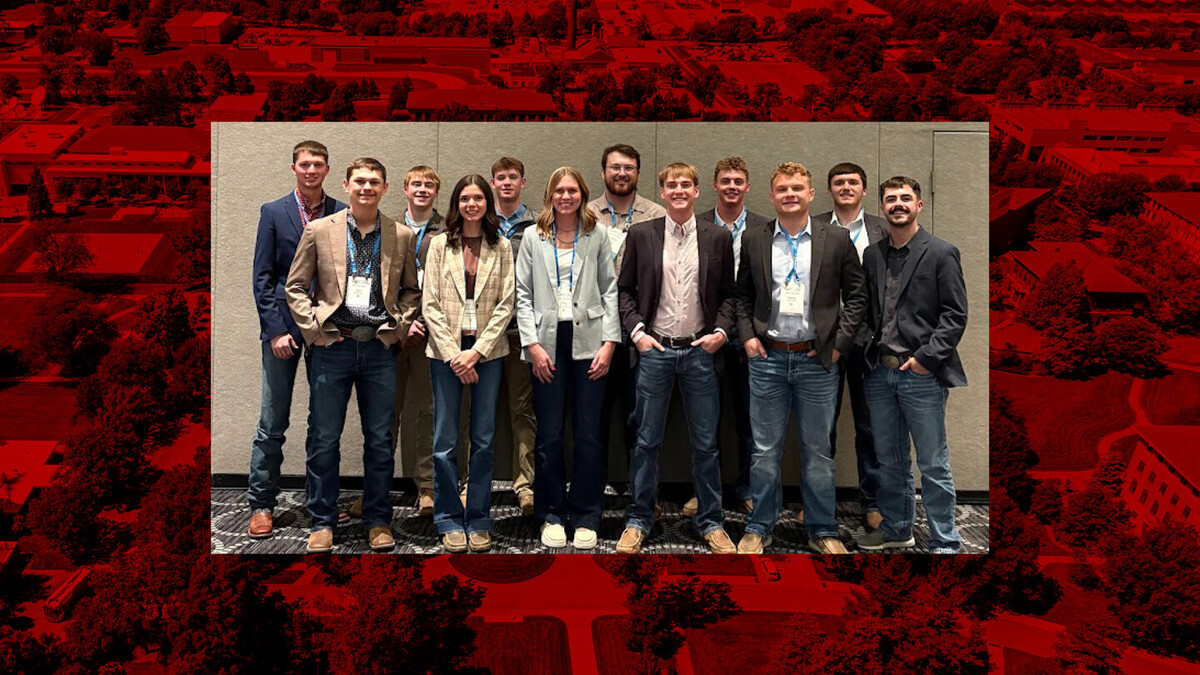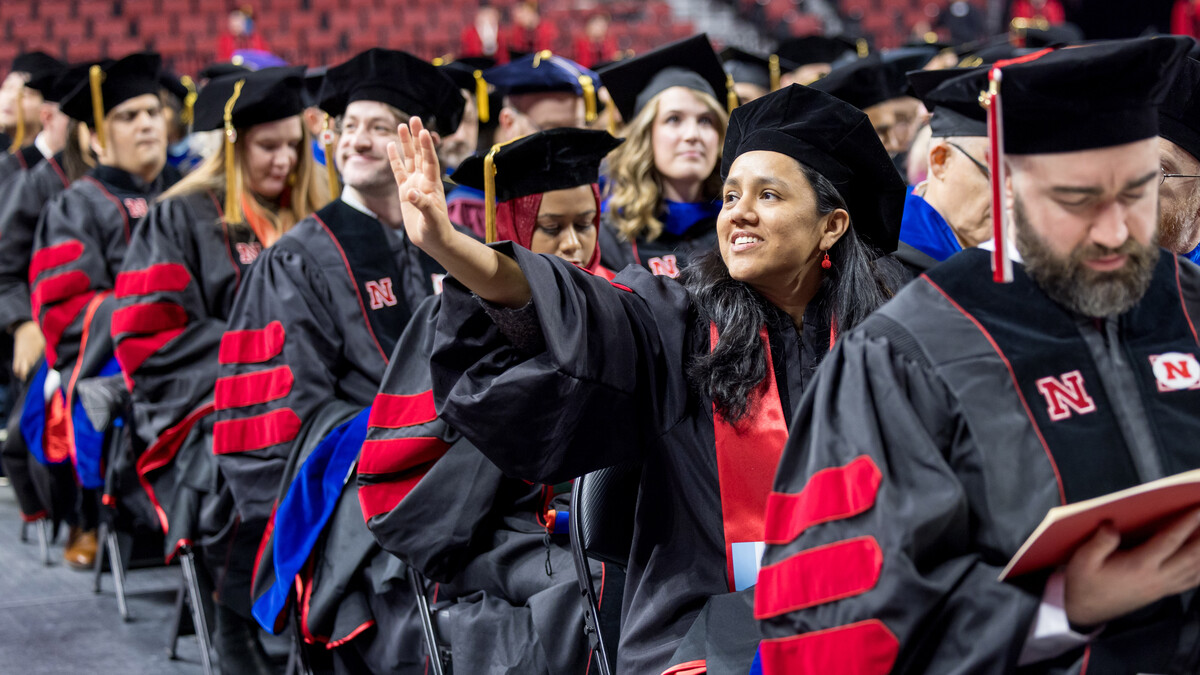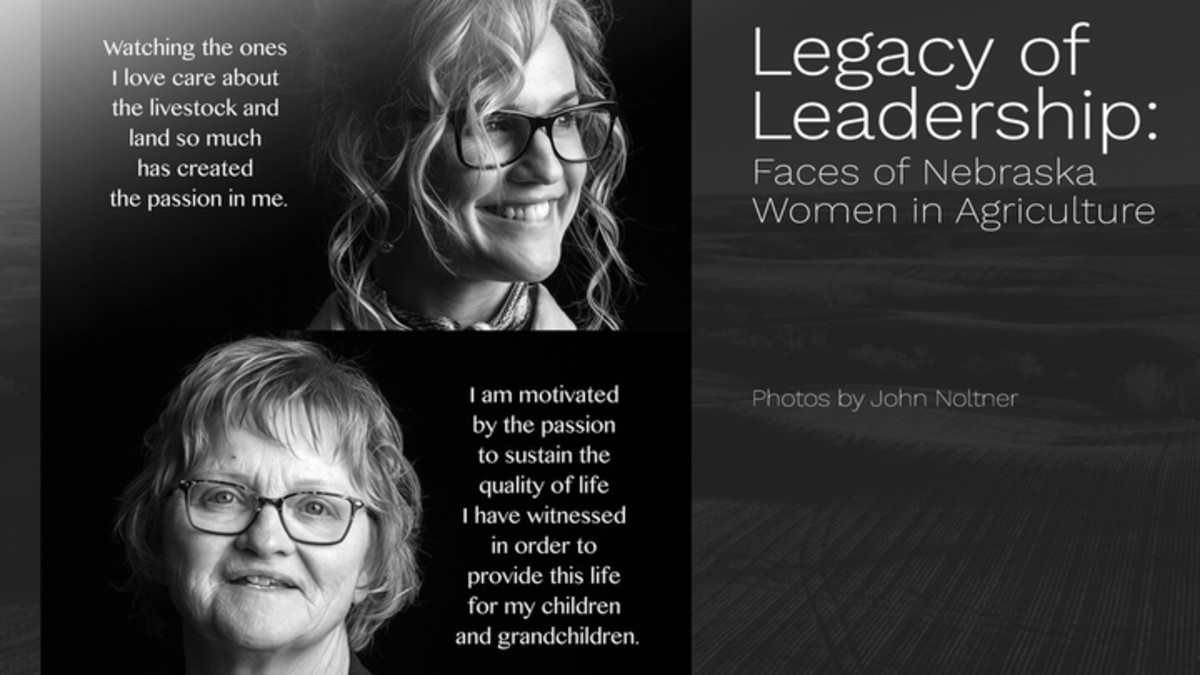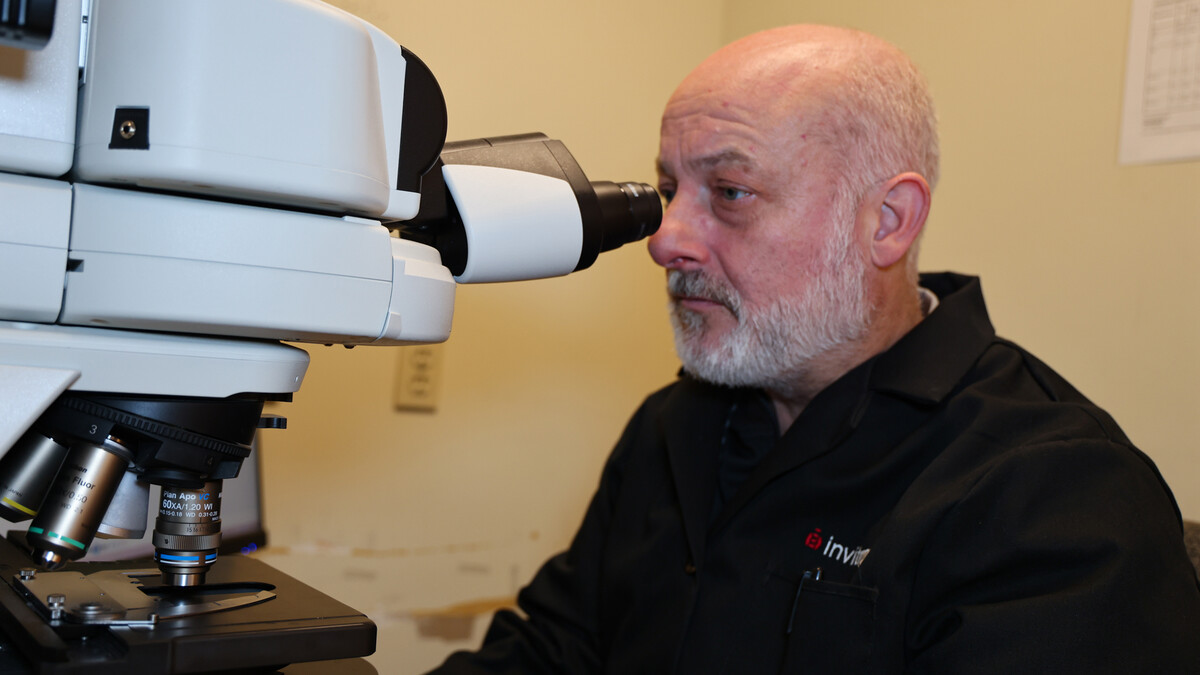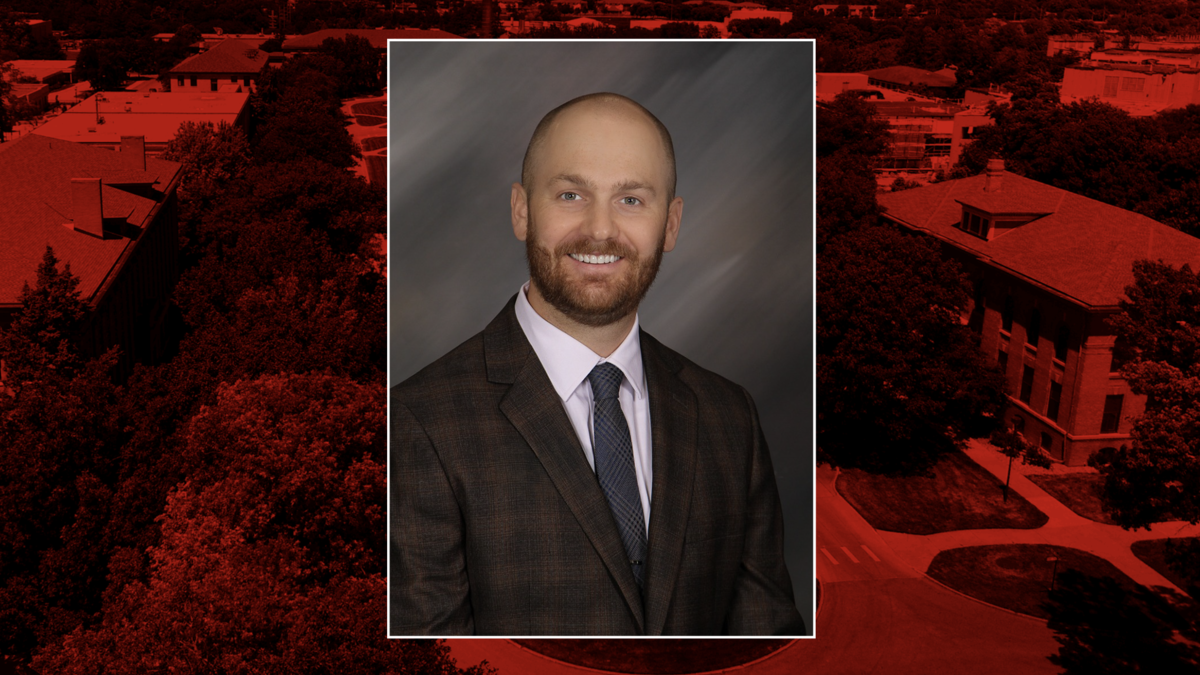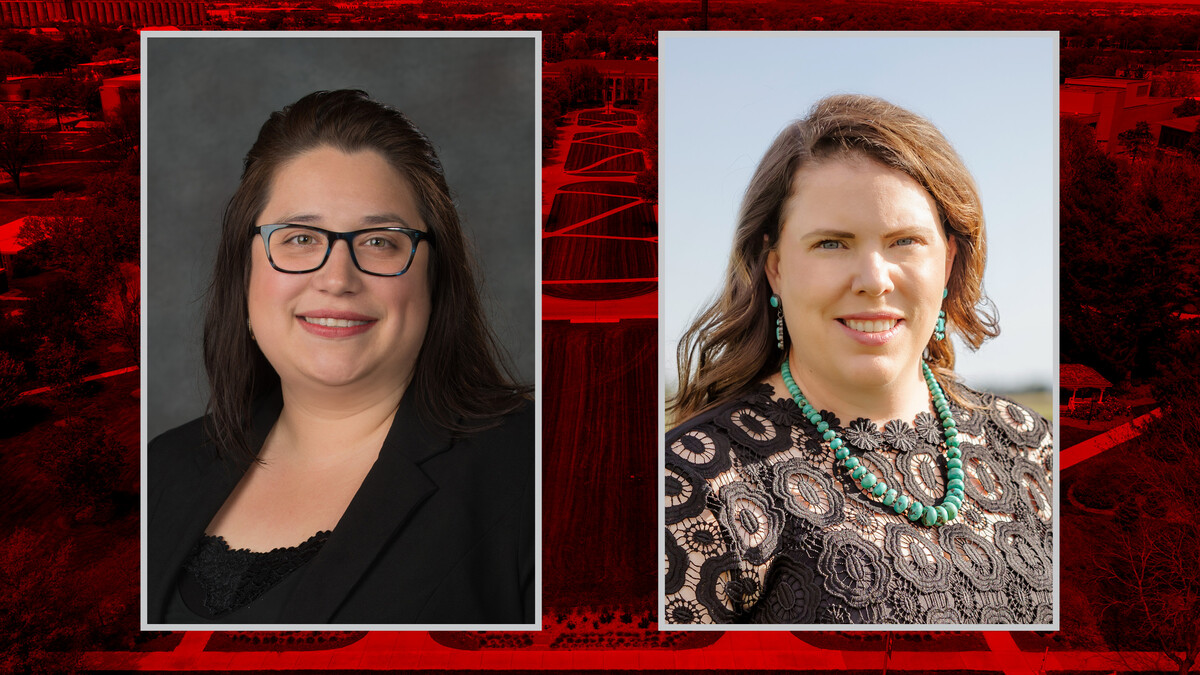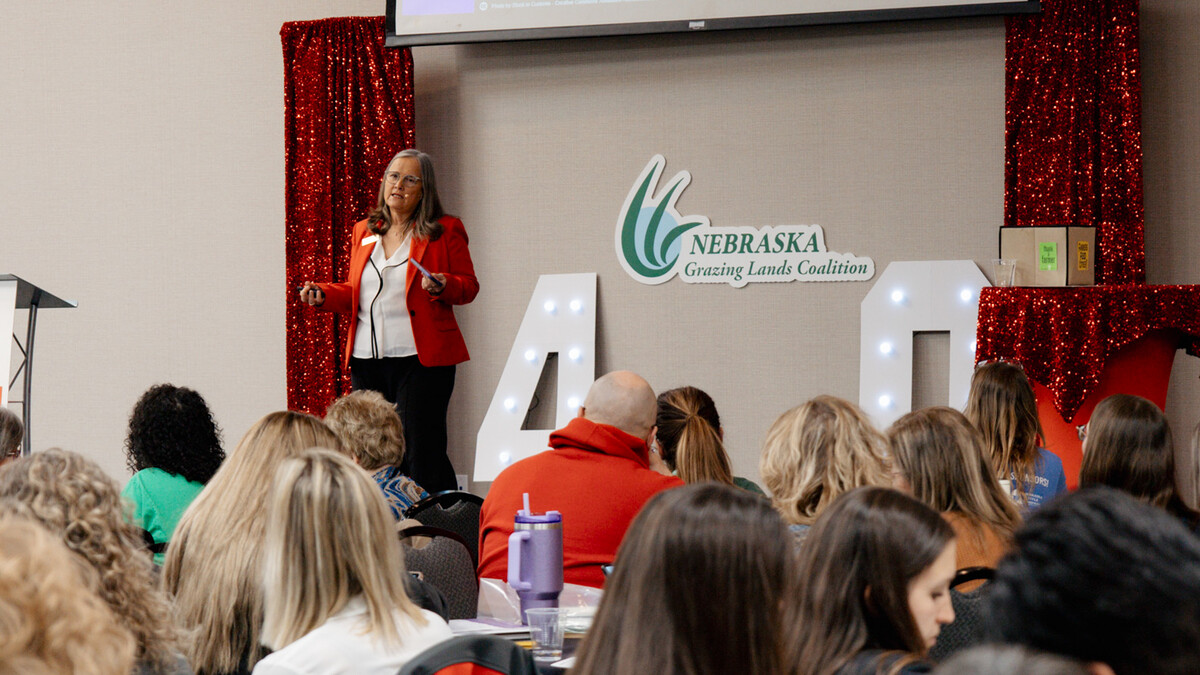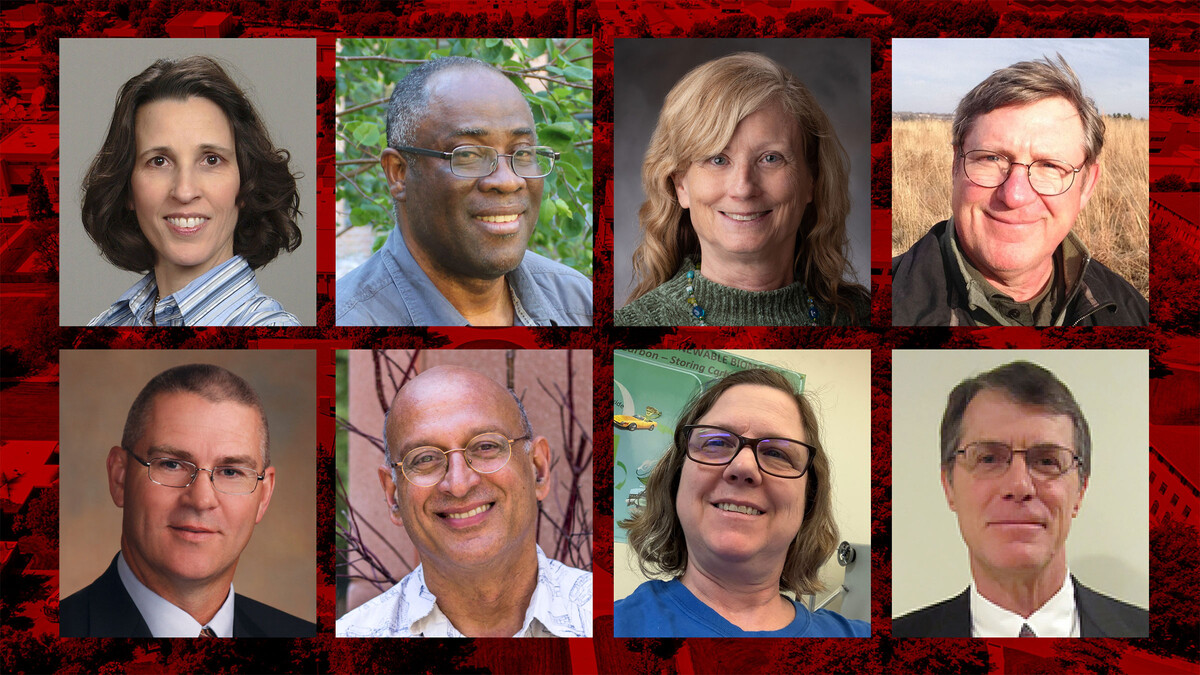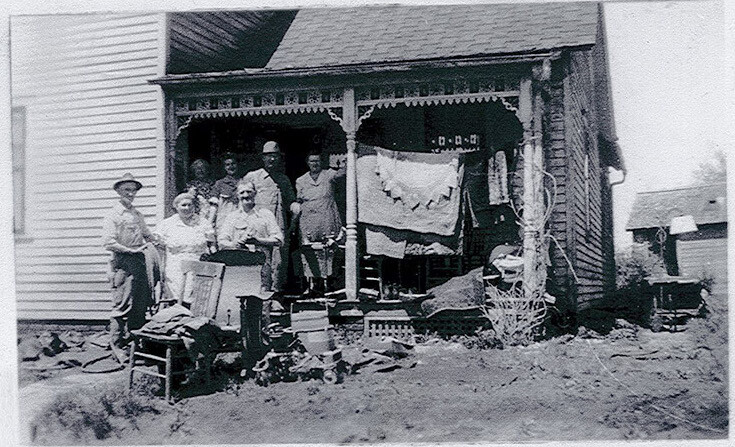
August 29, 2019
Lincoln, Neb. — As the University of Nebraska–Lincoln reflects on its 150-year legacy of improving the quality of life for Nebraska and beyond, it’s also celebrating its longstanding connections to the people of the land. For some, those connections predate the establishment of Nebraska’s land-grant university.
The term “land-grant university” dates back to 1857, when Rep. Justin Smith Morrill of Vermont proposed a bill to expand access to higher education beyond the elite to the working class. The idea was to allow states to sell or lease unclaimed U.S. land, using the earnings to start a university. Through the Morrill Act of 1862 and the Nebraska Enabling Act of 1864, nearly 135,000 acres of land in 13 counties helped establish the University of Nebraska. Through a new project called Land-Grant Connects, the university is honoring those who now own or live on that land, much of which is in northeast Nebraska.
“The University of Nebraska–Lincoln’s roots run deep across this state,” said Chuck Hibberd, dean and director of Nebraska Extension. “Through Land-Grant Connects, we’re exploring that history and celebrating those who live on the land that played such a key role in the beginning of our story, whom we continue to serve today.”
Today the land-grant mission is delivered through education, research and outreach through Nebraska Extension. On the Land-Grant Connects website, https://landgrant.unl.edu, a history of Nebraska’s land-grant process has been outlined. The site also features an interactive map of the 400 original land-grant parcels and stories highlighting the landowners. The university has also been publicly recognizing the landowners at county fairs throughout the summer.
Neva Winter’s family was recognized at the Madison County Fair in July. The family has lived on and worked the same land for the past 153 years — or six generations. Neva and her husband, Jim, bought the land — a few miles north of Norfolk, east of the North Fork Elkhorn River — from another family member in 1955 and farmed on it until Jim died in 2003. Their four daughters were raised in the farmhouse.
“The house was built in 1896, and then we added onto it about 42 years ago,” Winter said. “There’s over 40 (members) in my immediate family, so when we get together for family Christmas, it's too small now.”
The farm location was chosen after Godfried Winter and his sons Carl and Wilhelm traveled from Ixonia, Wisconsin. They were a part of a caravan of 53 wagons with 125 people that trekked to Madison County. When the settlers reached the North Fork Elkhorn River they drew numbers from a hat to determine who would farm which lot. They each picked their number and went to work farming.
The farm ground is currently being rented, but Neva and her husband grew corn, soybeans and alfalfa on it. Corn and alfalfa were always grown on the land, Winter said, along with oats and wheat grown at various times.
Winter’s connection to the university runs deeper than the land. She was a 4-H leader for 15 years in sewing, helping her daughters and others make projects to bring to the Madison County Fair. Winter has also had multiple granddaughters attend the university and a grandson-in-law, Jim Brungardt, who was a member of the Husker football team.
Additional landowners will be recognized at the Nebraska State Fair on Sept. 1. An N150 pep rally at 2:30 p.m. will feature the Cornhusker Marching Band, Husker Spirit Squad, Herbie Husker and Lil’ Red, in addition to honoring those who live on the land originally granted to help establish the university.
To learn more about Land-Grant Connects, or if you are an owner of one of the land-grant parcels and want to share your story, visit https://landgrant.unl.edu.
Contact:Haley Apel
Communications
Institute of Agriculture and Natural Resources
402-472-4398
haleyapel@unl.edu
